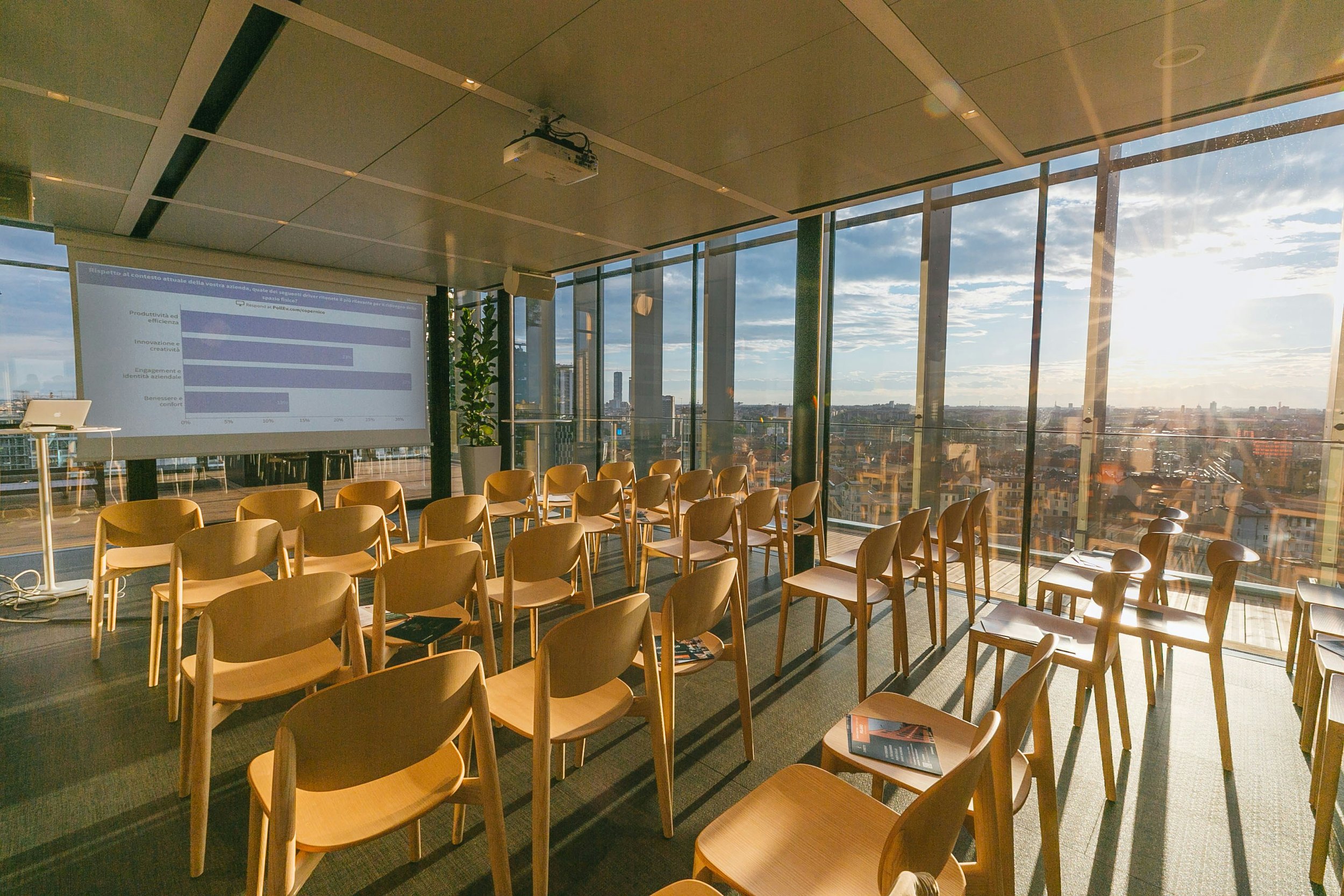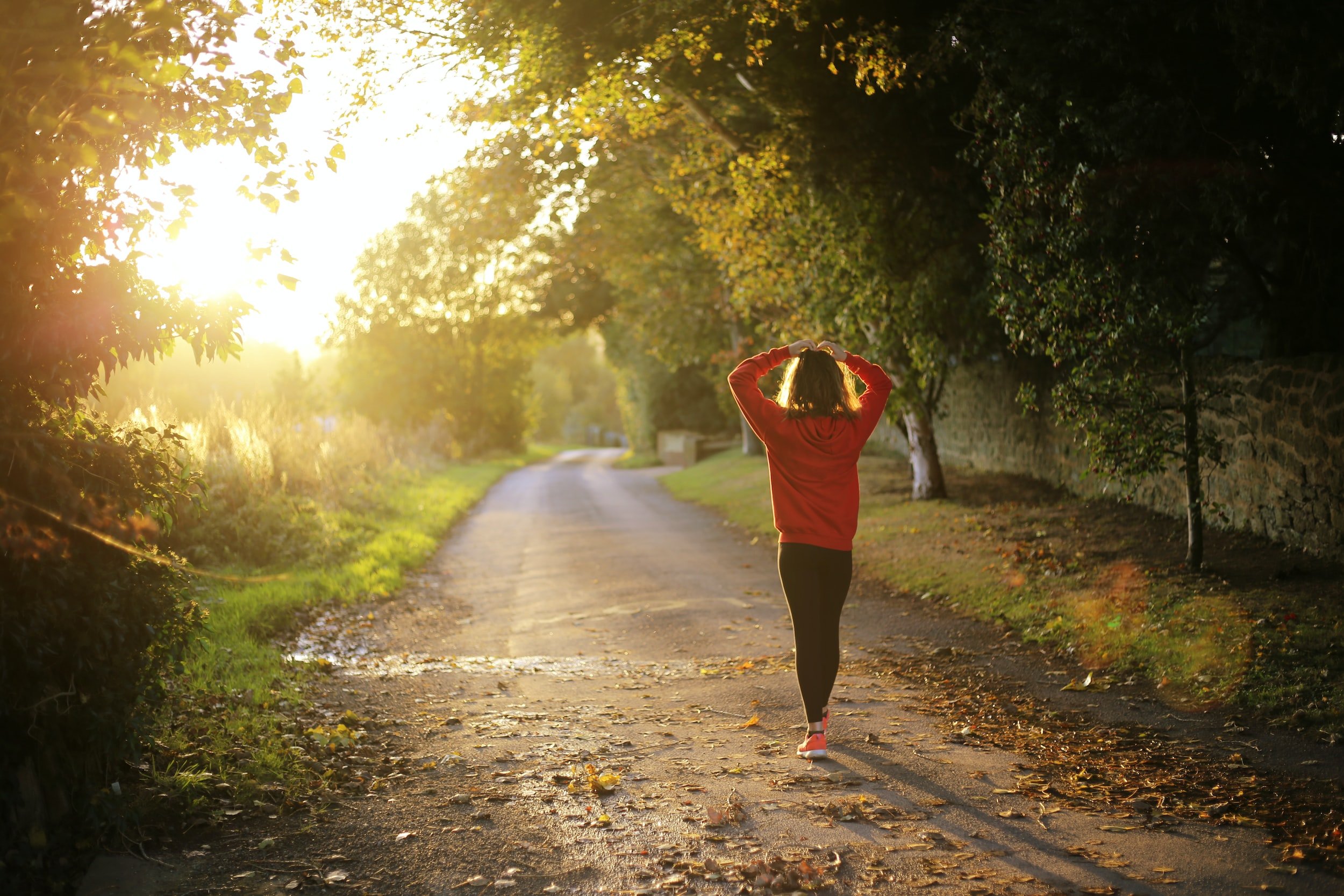
Alexander Technique Research
Alexander Studies Online (ASO) helps you discover quality published and unpublished research relevant to the Alexander Technique. Scroll below to learn more.
STAT Research Group (SRG) Summaries & Directory
The STAT Research Group (SRG) has summarised a large body of research on the Alexander Technique. This easily accessible database is organized into various areas of application and can be found on the website of the Society of Teachers of The Alexander Technique (STAT).
Alexander Technique (Zotero) Research List
Alexander Studies Online is building an open-access list of research on the Alexander Technique. This includes peer-reviewed publications, Ph.D. and Masters theses, and more. Click the blue button below.
Are we missing your research? Please let us know.
ASO Articles
In this episode, ASO team member Erica Donnison continues her conversation with Dr. Tim Cacciatore, co-author of the open-access paper Central Mechanisms of Muscle Tone Regulation. Tim explores how these findings connect to key concepts in Alexander Technique teaching. A must-watch for teachers, trainees, and students. Paper linked in the article.
In our 50th episode, Erica Donnison interviews Dr. Tim Cacciatore on muscle tone regulation, its role in balance, pain, and performance, and its significance for AT practitioners and clinicians. He addresses misconceptions about the reflex model and highlights how modern neuroscience advances our understanding of AT. Stay tuned for Part II. The paper linked here is open-access.
In Episode 49, we explore the intersection of practice and research with Mandy Brass, MSc, a Traditional Chinese Medicine acupuncture practitioner. Mandy shares insights from her service evaluation at Dimbleby Cancer Care, an integrative oncology center in London. Using self-report measures, she captured her patients' experiences, offering valuable lessons for Alexander Technique teachers seeking to integrate research into their professional development.
In our 48th newsletter we release our annual review. Discover a summary of this year’s look into Alexander Technique research, including its impact on pain management, caregiving, musical education, embodied learning, and more. Explore interviews, studies, and insights that highlight the profound influence of AT across disciplines.
In Episode 47 we release a podcast style discussion with members of the Society of Teachers of the Alexander Technique (STAT) Research Group as they explore the use of self-report outcome measures in AT research. Widely used in research and healthcare, these tools allow individuals to share personal insights on their experiences and health. Join us for an insightful listen into how these measures can deepen our understanding of the Alexander Technique.
This month, Lesley Glover interviews Ruth Rootberg, author of Living the Alexander Technique, discussing her insights from senior teachers on aging with poise. Rootberg shares her approach to the project and wisdom garnered on practicing the Alexander Technique through later stages of life, with reflections on ongoing self-work and growth.
This month we explore the spiritual dimension of the Alexander Technique (AT) through an insightful interview with Dr. Jennifer Fox Eades, an AT teacher, ordained priest, and third-order Franciscan. In the discussion, Jennifer talks about elements of Franciscan thinking and practice and how these relate to her AT practice as explored in her new book, Embodying Prayer: Exploring Franciscan Spirituality with the Alexander Technique.
This month we release an article by Judith Kleinman exploring the evolution of Alexander Technique (AT) at the Royal College of Music (RCM), focusing on Time as a crucial element in student learning. Integrated into RCM's degree programs and available as individual lessons, AT has been offered since the 1960s, with group classes starting in 1991. The curriculum has evolved gradually through observation, analysis, and iteration. Emphasizing Time enhances students' understanding of presence, reaction, and time flow, vital for musical performance and personal development.
This month, we release part II of a conversation with researchers and Alexander teachers Mari Hodges and Tim Cacciatore, as they discuss their recent work on pain with Julia Woodman. They continue to explore the shift from a bio-medical to a bio-psycho-social model of pain, delve into potential mechanisms for pain reduction observed in research participants, and discuss future research plans.
In our 42nd ASO newsletter, researchers and Alexander teachers, Mari Hodges and Tim Cacciatore talk with Julia Woodman about their recent work on pain. They relate the revolution in pain science – from a bio-medical to a bio-psycho-social model – to how Alexander teachers can use this knowledge when working with people living with chronic (persistent) pain. This is the first of a two-part interview-based post.
In the 41st edition, Malcolm Williamson engages in dialogue with Regina Stratil, the author of the book "Irene Tasker - Her Life and Work with the Alexander Technique." The conversation delves into Stratil’s journey in researching and writing the book, shedding light on her research and compositional process. She shares insights into Tasker's life and contributions, highlighting the significance of this important figure within the historical tapestry of the Alexander Technique.
In the second part of this two-part series, Monika Gross elaborates on communicating research findings into how Alexander Technique lessons can assist caregivers for individuals living with Parkinson’s, Dementia, and other medical conditions. Additionally, a copy of a podium presentation delivered at the 2023 European Alzheimer’s Conference is provided.
In this 39th edition, we delve into new research on how Alexander Technique (AT) lessons can help people who are a Care Giver or Care Partner for someone living with Parkinson’s, Dementia or other medical conditions. Monika Gross from The Poise Project shares insights from recent research undertaken with the University of Idaho on both in-person and online AT courses. This first part of a two-part series outlines the research background, significant outcomes, and the real need for AT to support carers in this field.
In the 38th ASO newsletter, Gabriella Minnes Brandes engages Michele A. Capalbo in a thought-provoking dialogue, spotlighting Michele's recent research on the acoustic and perceptual effects of Alexander Technique lessons for a classical treble singer. The interview, complemented by a written summary, helps expand and update our research base, providing valuable insights into the intricate relationship between Alexander Technique and voice to inform both teachers and future research.
In this annual review, we journey through the diverse topics of Alexander Technique research in 2023. From the intricacies of teaching and caring to harmonies with opera and the intersections of research, each month offered a unique lens into the profound impact the Alexander Technique can have on our lives.
In this video, Charlotte Woods and Lesley Glover from ASO discuss an article co-authored with dementia expert Emma Wolverson, that explores how the Alexander Technique, even when learned for unrelated reasons, can unexpectedly improve one's ability to provide care. They touch on the embodied nature of caring, interoception and autonomy, "self-loss" among carers, and conclude by discussing implications for academics and the Alexander community.
This month we explore the unique challenges that opera places on the human voice as we delve into connections between Opera and the Alexander Technique (AT). Led by Gabriella Minnes Brandes, six video clips and written text explore research, process, practice, and performance in real-time with opera singers Shana White and Brittany St. Claire. Join us for this insightful journey and the open intersection of worlds in which AT supports sound quality, embodied awareness, and dynamic performance.
Welcome to the 34th edition of the ASO newsletter. In this issue, we feature an illuminating interview with Monika Gross (The Poise Project) that revolves around crucial aspects such as bridging communication gaps between the Alexander Technique and other fields, amplifying public awareness of the profession, and establishing meaningful connections with research groups and healthcare practitioners.
This month, ASO (Alexander Studies Online) introduces its first podcast-style post titled "Why research the Alexander Technique?" Join us for a discussion with the members of the Society of Teachers of the Alexander Technique Research Group (SRG) as they explore how curiosity, challenges, and practical insights from research on AT can relate to one's personal explorations and practice.
This month we present a summary of research by Korina Biggs undertaken as part of her M.A. in Dance and Somatic Well-Being at the University of Central Lancashire. The study drew on the Alexander Technique and aimed to connect somatic perceptual/movement practice with challenging urban environments, exploring the potential of digital technology to deepen the connection to one's psychophysical self and surroundings.
This month we release an article by Judith Kleinman that explores how a curriculum can act as a flexible tool to support Alexander Technique teaching, foster professional development and communication with other fields, and enrich the learning journey of the student.
Following up on last month’s research on the effects of postural instructions on people living with Parkinson’s and on healthy older and younger adults. This month, we share a two-part conversation with Rajal, where she discusses the research and introduces a new project, Posture Underground.
This month shares the background research to an upcoming conversation with Rajal Cohen, M.AmSAT, Ph.D., about a series of three papers she and colleagues published on the effects of postural instructions on people living with Parkinson’s and on healthy older and younger adults.
“Can embodied practices, on their own, affect self-compassion?” This month we release an interview with Lisa Harris MSc, MSTAT about her unique MSc thesis which is entitled "An Exploration of Embodied Movement Practices as a Route to Self-Compassion”.
This post introduces two new research articles based on the same data set but which adopted quite different approaches to writing up for publication. The papers are titled: Extending understanding of ‘care’ as an embodied phenomenon: Alexander Technique teacher perspectives on restoring carers to themselves, and ‘I am teaching them and they are teaching me’: Experiences of teaching Alexander Technique to people with dementia.
This month we release an interview with Alazne Larrinaga, an Alexander Technique teacher based in Galway, Ireland. Alazne talks about her MSc research project where she introduced Alexander Technique group lessons into an exercise program for women following treatment for breast cancer.
This month we release a talk with Carolyn Nicholls about a helpful and first-of-its-kind research project for the Alexander world that achieved publication in the prestigious British Medical Journal in 2021.
Led by Joseph Little, this research paper helps us understand the effects of a combination of Alexander Technique private lessons and group teaching on low back pain and demonstrated significant positive results.
This month we release a discussion about the Healthy Young Musicians research project carried out at the Junior Royal Academy of Music in the UK. This innovative project involved a series of Alexander Technique group lessons for young musicians at the Academy and included a research study running alongside to assess student change and progress in terms of mindset, health, and well-being. The collaborative approach taken by presenters helps pave the way for greater health in young musicians and demonstrates interdisciplinary collaboration as a modern and positively impactful way to better understand and share the Alexander Technique.
This edition releases a fascinating conversation that lies at the intersection between science, music, and the Alexander Technique. Centered around Alison Loram’s research with violinists titled ‘Proactive Selective Inhibition Targeted at the Neck Muscles: This Proximal Constraint Facilitates Learning and Regulates Global Control’ Gabriella Minnes Brandes leads a discussion that spans personal reflection, technical insight, and rigorous research with three professional musicians: Alison Loram, Joan Blackman, and Domagoj Ivanovic.
Other Collections
The following are non-Alexander Studies Online collections that may be of help:
For a database of books on the Alexander Technique, please refer to the bibliography maintained by Jean M. O. Fischer on the Mouritz website.
For a collection of peer reviewed research focused on the basic science and understanding of how the Alexander Technique works, please refer to the work maintained by the team at alexandertechniquescience.com.
For a collection of research focused on the Alexander Technique (AT) for people living with Parkinson’s Disease (PD) please refer to The Poise Project’s page on AT and PD-based research, or their research for PD and care partners.





























In this episode, ASO revisits the theme of psychological and non-physical outcomes in Alexander Technique work, as explored in Kinsey and Glover’s realist review (see Episode 19). Erica Donnison interviews AT teacher Abi Wright, founder of She Stands, a AT based project focused on empowering girls and women to feel at home in their bodies and confident in taking up space.